Basic Math Skills Normal Worksheets for Ages 6-8 - Page 2
42 filtered results
-
From - To
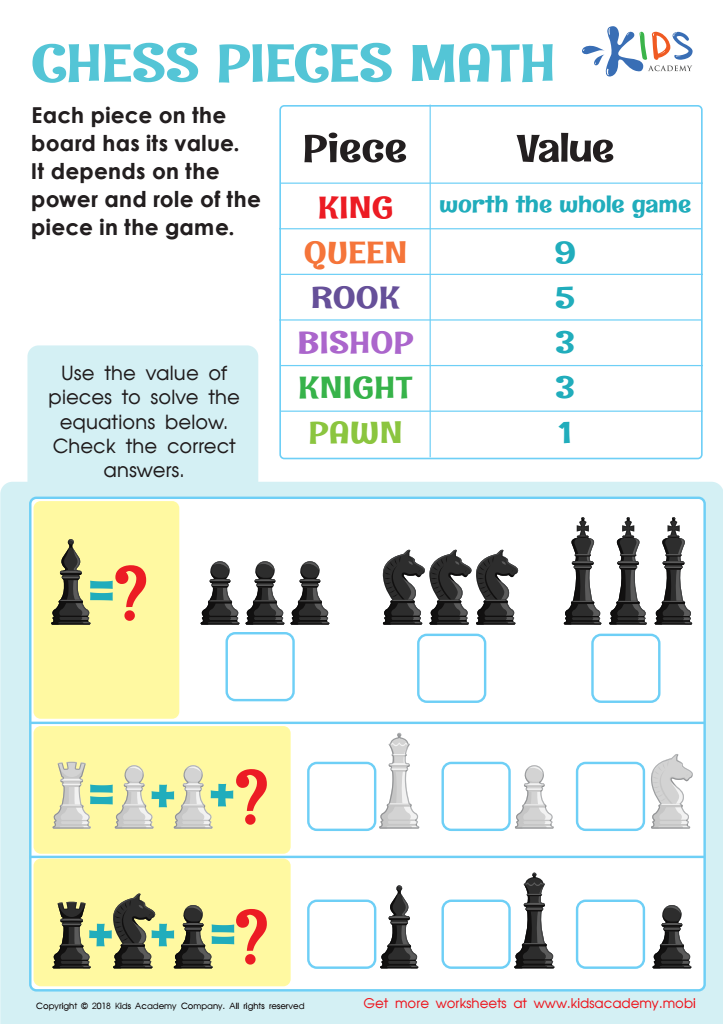

Chess Pieces Math Worksheet


Underwater Creatures with Shells Worksheet
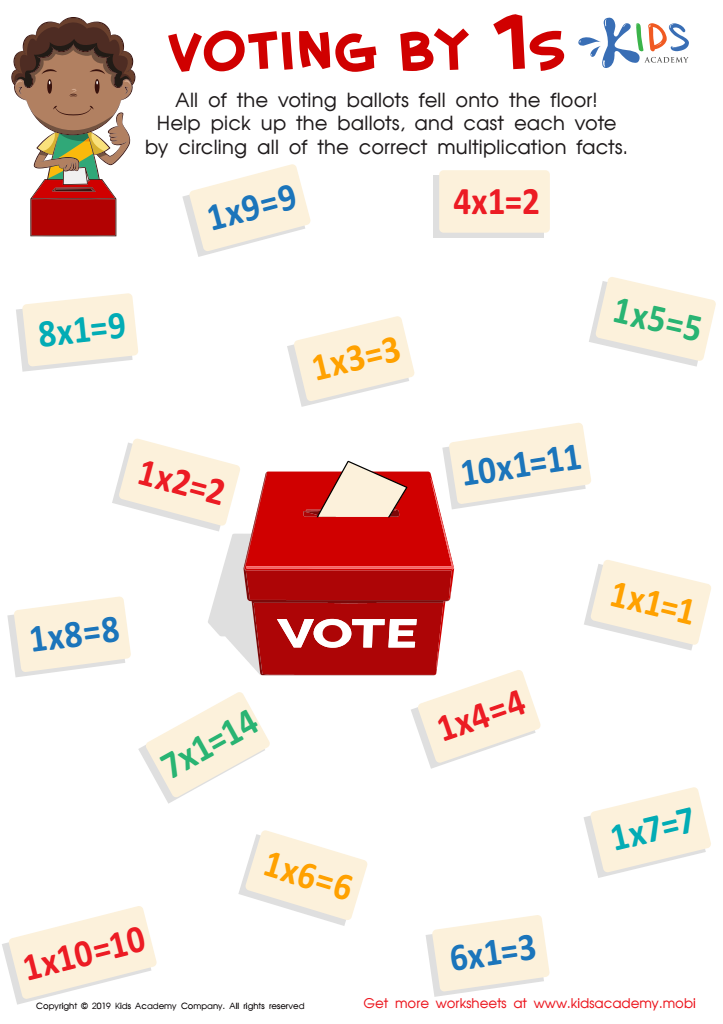

Voting by 1s Worksheet


Count and Match Vegetables and Points Math Worksheet
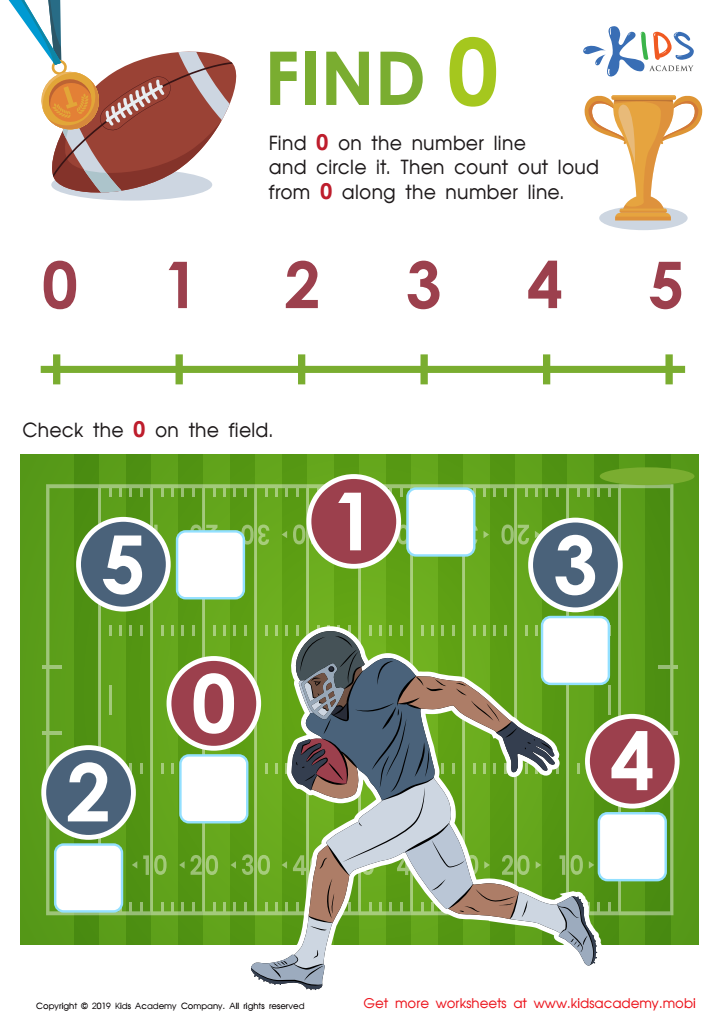

Find 0 Worksheet
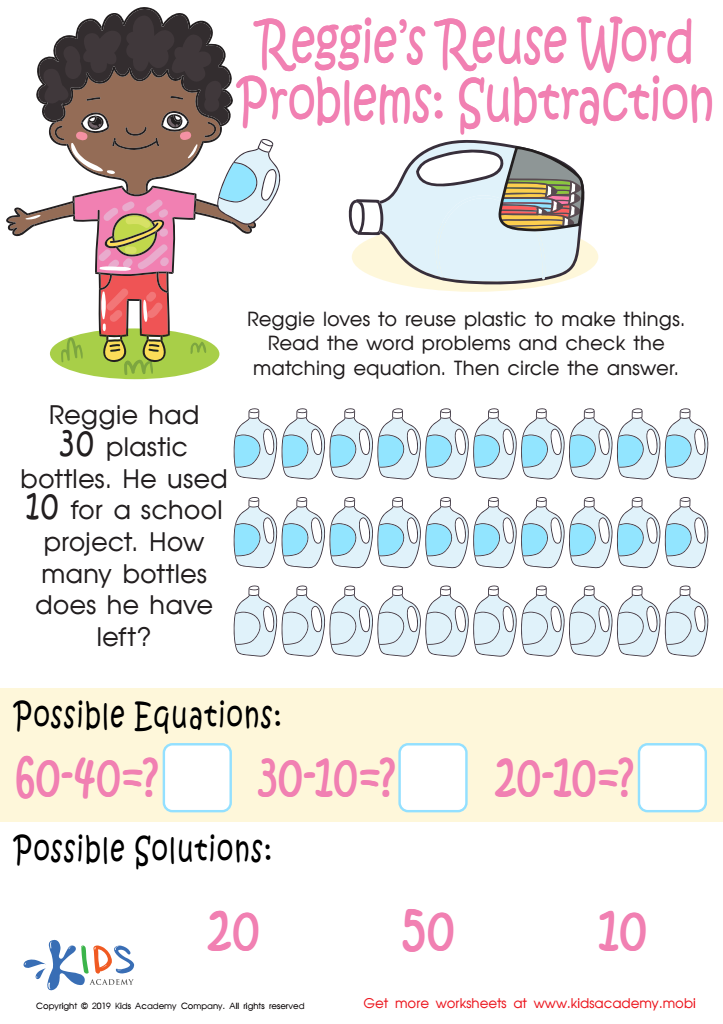

Reggie's Reuse Word Problems: Subtraction Worksheet
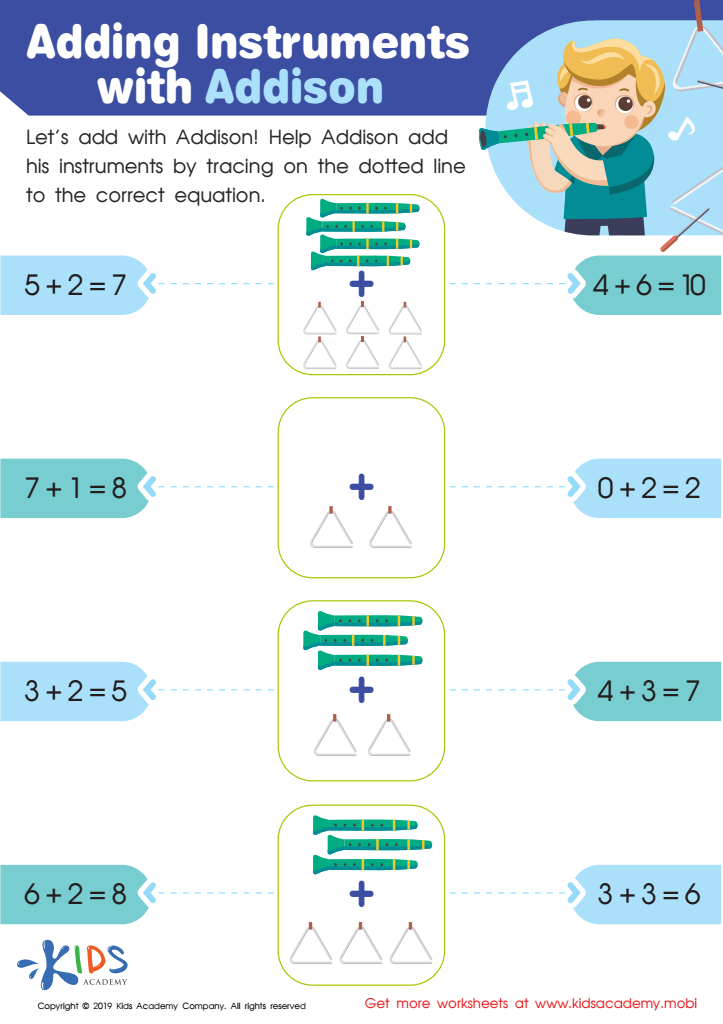

Adding Instruments with Addison Worksheet
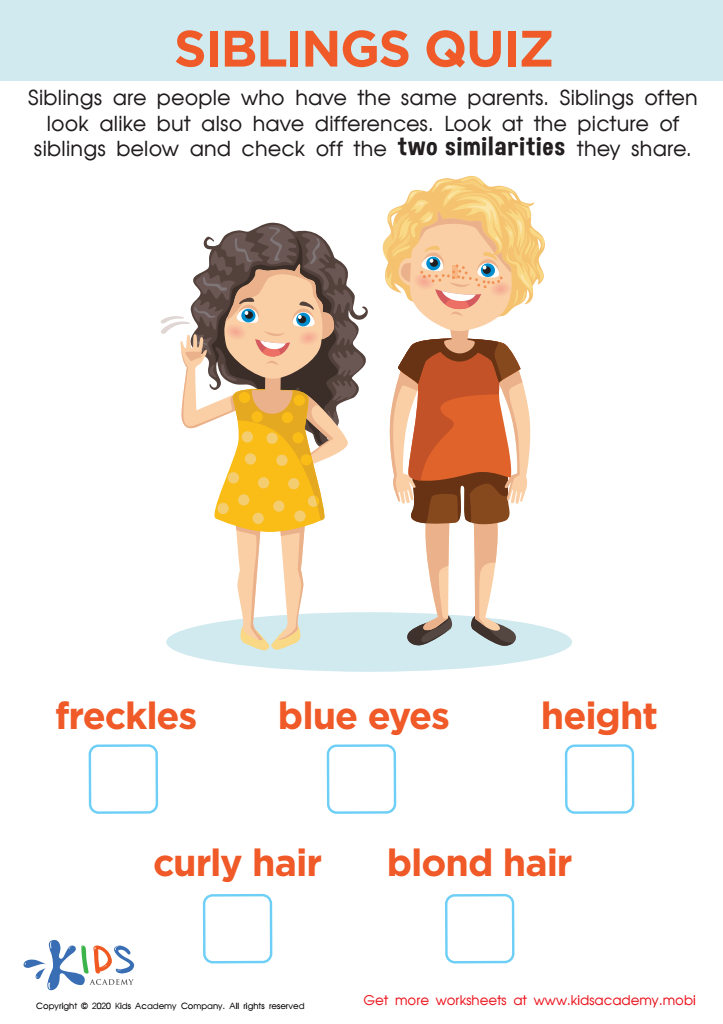

Siblings Quiz Worksheet
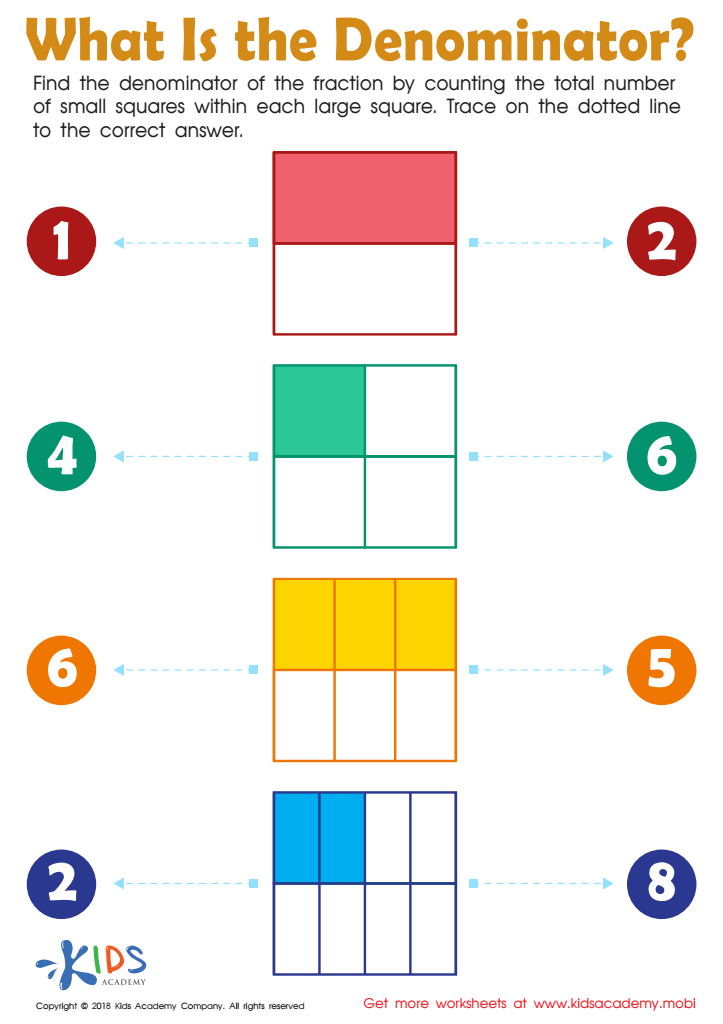

What Is the Denominator? Worksheet


Count and Match Vegetables 1 – 5 Math Worksheet
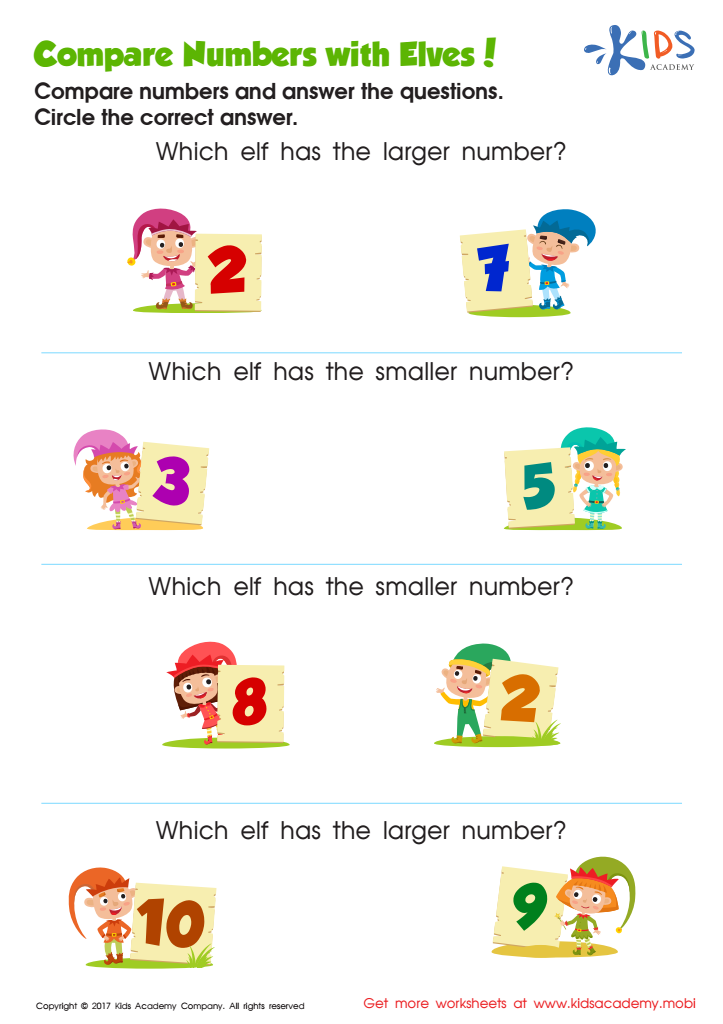

Comparing Numbers Worksheet for Kindergarten
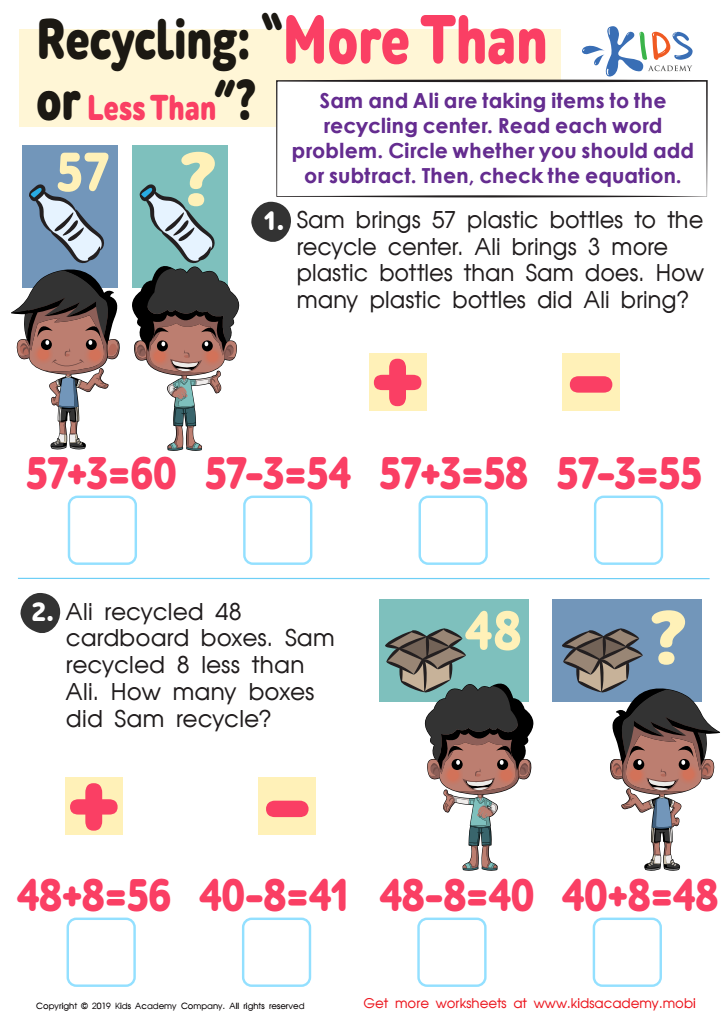

Recycling - More or Less Worksheet
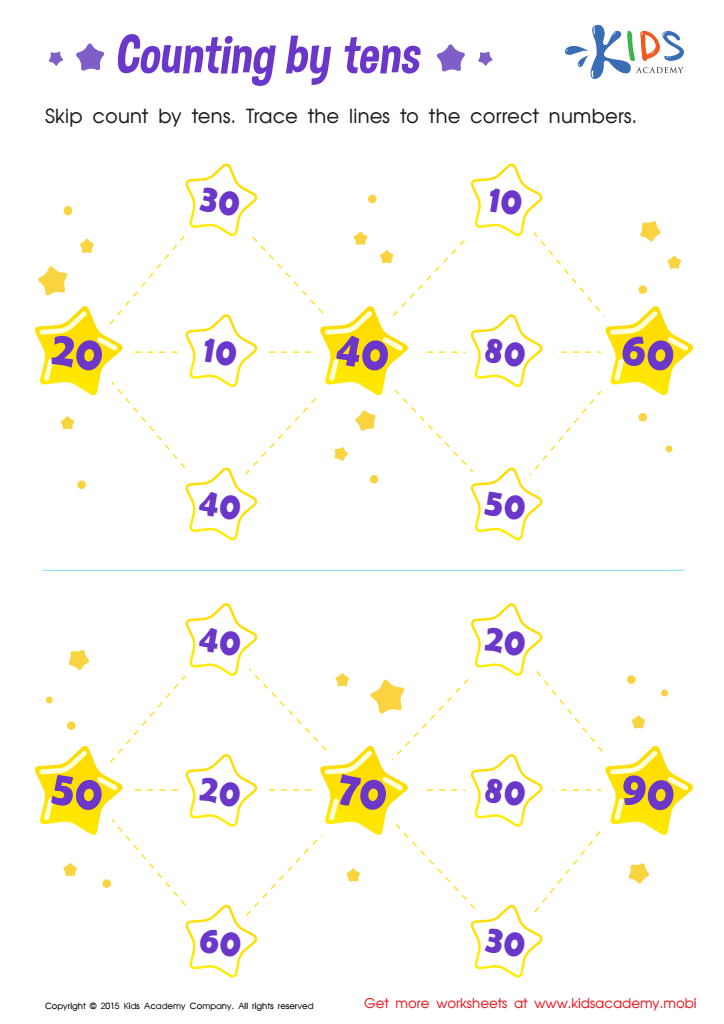

Learn Dozens: Counting by Tens Printable
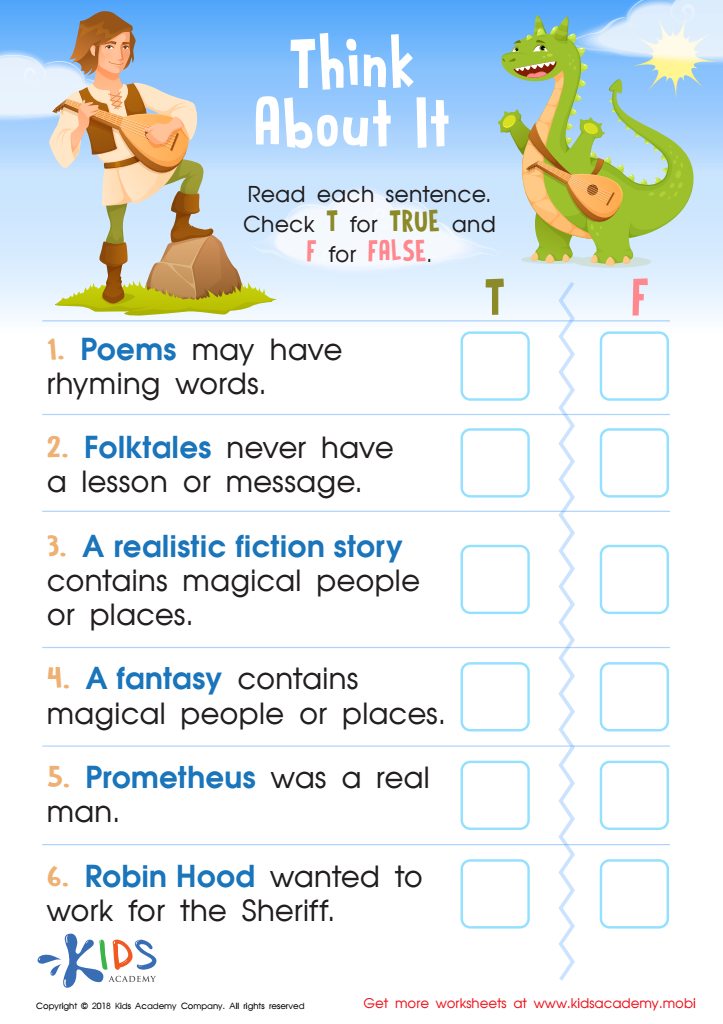

Think About It: Assessment Worksheet
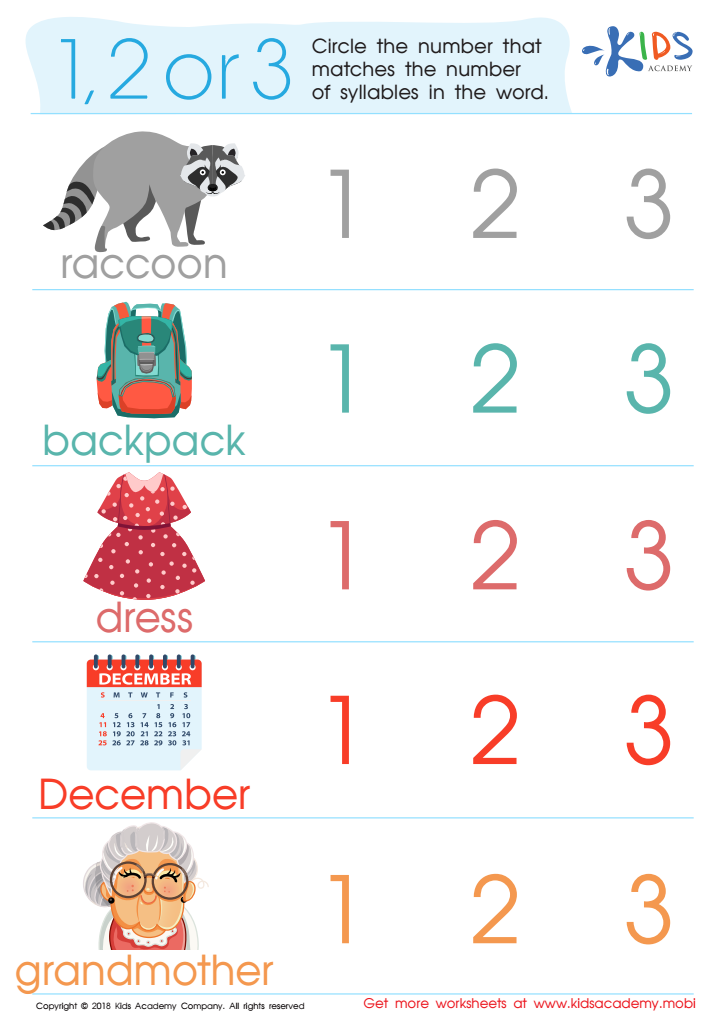

1, 2 or 3? Worksheet
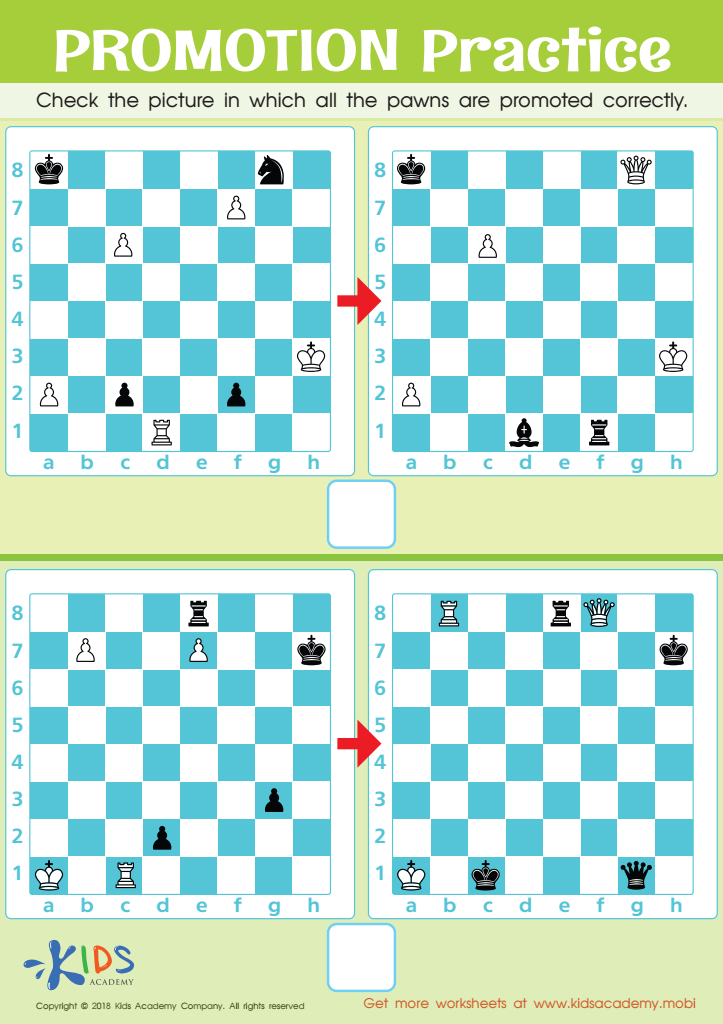

Promotion Practice Worksheet
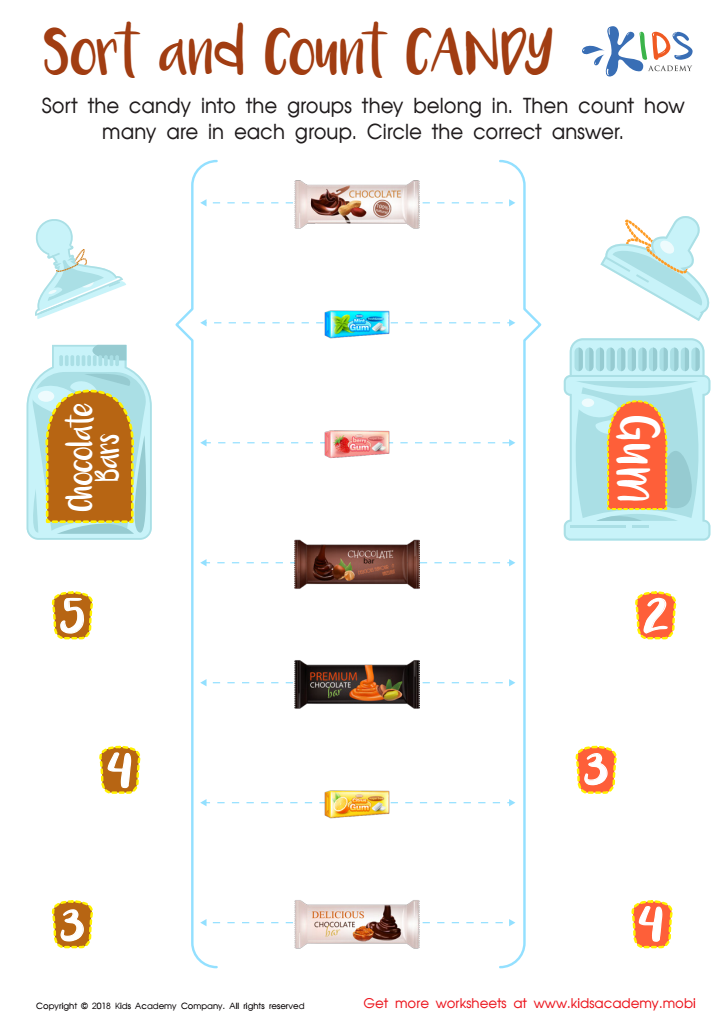

Sort and Count Candy Worksheet
Parents and teachers play a pivotal role in a child's educational journey, particularly when it comes to developing basic math skills for ages 6-8. At this developmental stage, children experience critical cognitive and emotional growth, making it essential for them to build a solid foundation in math. These skills not only facilitate academic success but also promote logical reasoning, problem-solving, and critical-thinking abilities that are vital for everyday life.
Basic math concepts such as counting, addition, subtraction, and understanding shapes are stepping stones to more advanced subjects. Ensuring that children master these skills fosters confidence and encourages a positive attitude towards learning. Moreover, proficiency in math relationships creates connections to real-world applications, significantly enhancing a child’s ability to navigate day-to-day situations, from budgeting their allowance to interpreting time.
Teachers and parents should collaborate to create engaging and interactive learning experiences, recognizing that early math experiences can deeply influence a child’s future interest in science, technology, engineering, and math (STEM) fields. By prioritizing basic math skills during this crucial age, adults can empower children to embrace challenges, think analytically, and lay the groundwork for lifelong learning.
 Assign to My Students
Assign to My Students



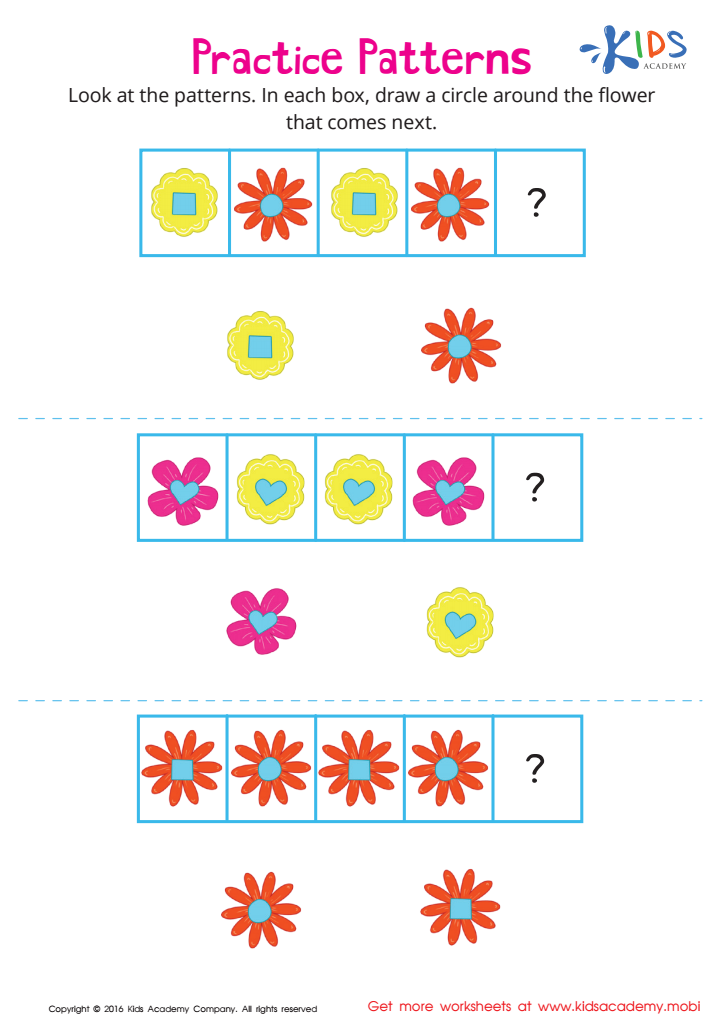




.jpg)















